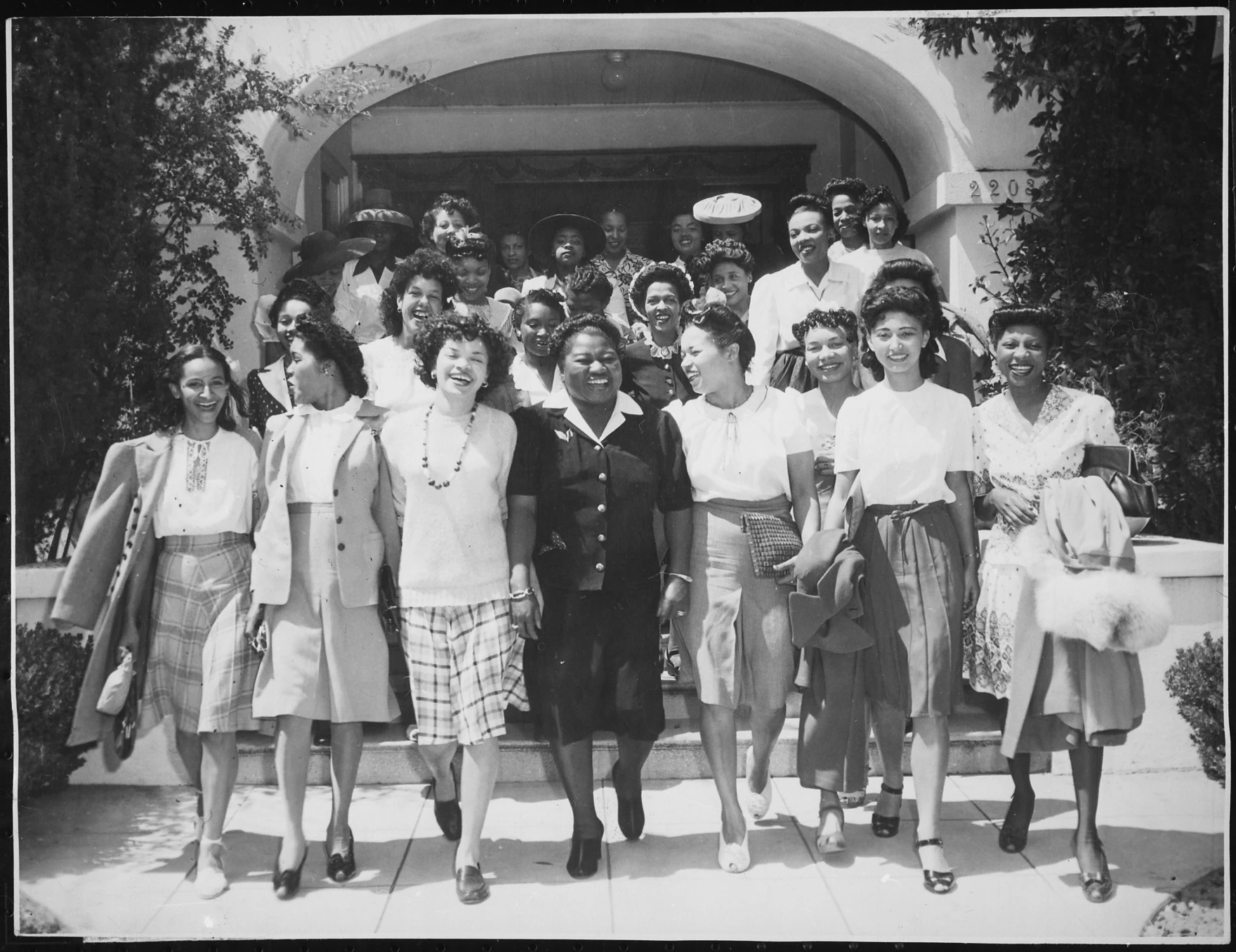Known to many as Mammy in the movie “Gone with the Wind,” or as the first Black actor to receive an Academy Award, Wichita native Hattie McDaniel’s achievements didn’t stop there. According to McDaniel’s great-grandnephew, Kevin Goff, she was more than an award-winning actress.
“She was a was a dancer, she played the drums, she was a singer, she composed songs, she fought for housing, she gave money to charities, she gave her time,” Goff said. “She had her own car, her own mansion, she wore her mink stoles and she loved to dress up. She knew how to throw a party, and the who’s who of Hollywood would come to her parties every weekend.”
Goff will participate in events including a panel discussion on “Black Representation in Cinema Then and Now” at the Tallgrass Film Festival on Saturday, Oct. 26.
Goff says it wasn’t uncommon for famous entertainers like Duke Ellington to frequent McDaniel’s Los Angeles mansion.
“Clark Gable showed up to almost every party she threw. …She had a lot of friends in the industry, black or white; I think that’s the biggest compliment … she was loved and respected by her acting community and people that really knew her.”
Goff’s father, Edgar Goff, Jr., was babysat by McDaniel when he was younger.
“Hattie desperately wanted to have children,” Goff said. “She loved kids and she was never able to have kids of her own. …She kind of took my father and … viewed him as her kid. So, whenever he would visit her house, and when it was time for him to go back home to his parents, they basically had to pry my father from her arms because they were very close and had great times together.”
Goff says his dad was just 10 when McDaniel was awarded an Oscar.
“He was just a kid, but he definitely knew that she had this power, this strength about her.”
She would go on to use all that power and strength to help others, including as a mentor.
“She was a huge mentor,” Goff said. “I know a lot of people don’t realize it, but she mentored a lot of people in and outside of the industry. …She was there for the troops that were in the war and wounded soldiers … she visited them.”
She was also a civil rights activist who fought housing discrimination in Los Angeles.
“Hattie and her fellow … Black neighbors went to court to fight [a] lawsuit … [and] prevailed. That set a precedent that restrictive covenants were not legal and it sparked the California Fair Housing laws.”
In the face of adversity, discrimination and barriers that McDaniel went through her entire life, Goff said she never gave up…
“She never compromised who she was,” he said. “Some people let outside forces change who they are because they want to fit in and assimilate. She’s like, ‘No! I might be Mammy on the screen but I’m Hattie McDaniel at home.’ So, she knew exactly who she was, and as compassionate as she was, she didn’t bite her tongue [and] would speak up for herself and for others.”
Hattie McDaniel as Beulah from the radio program of the same name.
McDaniel was “that girl” — a Wichita girl who went on to great acclaim. Two stars on the Hollywood Walk of Fame for radio and film, as well as the first Black woman in the U.S. to sing on the radio. Goff said he looks forward to receiving the key to the city on behalf of McDaniel.
“I wish my father was still around to see these things happen. …[For] me, it’s about the work I’ve been doing for Hattie and also for my father … so it’s a big honor.”
His new book, “Hattie McDaniel: A Reflective Life” — with photos and quotes by McDaniel — is expected to be available in February.










